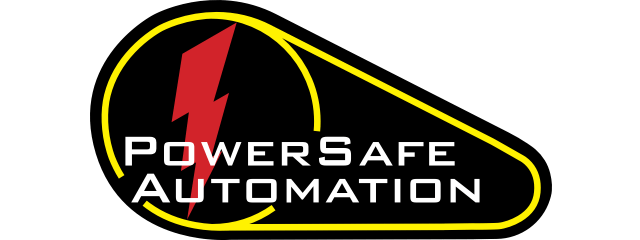FAQ
Do I Need to Guard Machines That Were Built Before OSHA Was Established?
Yes, all machines—regardless of age—must be properly guarded to comply with current OSHA safety regulations. The fact that a machine was built before OSHA's formation in 1970 does not exempt it from modern safety requirements under 29 CFR 1910 Subpart O.
Key Points:
-
OSHA 1910.212(a)(1) clearly states:
"One or more methods of machine guarding shall be provided to protect the operator and other employees from hazards."
-
There is no grandfather clause for older machinery. If a machine presents a hazard—such as pinch points, rotating parts, or flying debris—it must be guarded, regardless of its manufacture date.
-
OSHA has cited and fined facilities for failing to retrofit legacy machines with appropriate guarding or safeguarding technology.
Best Practices:
-
Conduct a machine guarding assessment to identify outdated or missing protections.
-
Install custom (bespoke) guards where off-the-shelf solutions don’t fit.
-
Use modern safety devices (light curtains, interlocks, relays) to bring older equipment up to current standards.
-
Document changes to demonstrate due diligence in meeting safety obligations.
In short: Age does not exempt a machine from safety compliance. Guarding is mandatory to protect workers and meet federal safety laws—whether the equipment is 50 years old or brand new.

